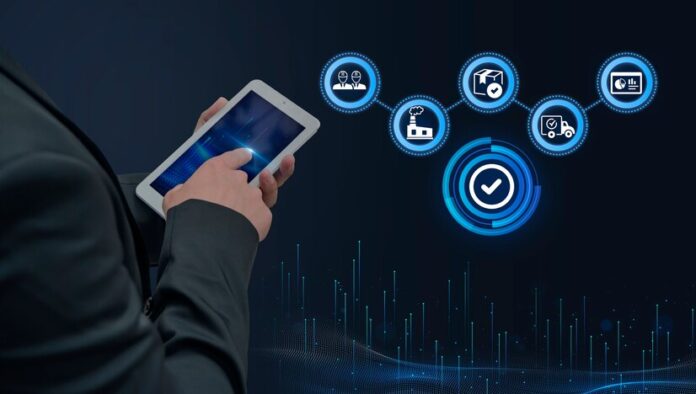In today’s fast-paced digital world, businesses are increasingly turning to Mobile ERP (Enterprise Resource Planning) to enhance flexibility and efficiency. Mobile ERP systems extend traditional ERP capabilities to smartphones and tablets, enabling employees to manage crucial business functions on the go.
The rise of Mobile ERP is transforming how companies operate, allowing for real-time access to data and applications from anywhere. This capability is particularly valuable in industries with mobile or remote workforces, such as logistics, construction, and field services. Workers can now input data, track project progress, and communicate with the central office seamlessly, ensuring that everyone is aligned and informed.
One of the most significant benefits of Mobile ERP is improved operational efficiency. For example, sales representatives can check inventory levels, place orders, and update customer information directly from their mobile devices during client visits. This immediate access to information speeds up sales cycles and enhances customer satisfaction. Similarly, managers can approve purchase orders, review financial reports, and monitor key performance indicators (KPIs) without being tied to their desks.
Mobile ERP also enhances data accuracy and integrity. Employees can enter data directly into the system in real-time, reducing the risk of errors associated with manual data entry and subsequent transcription. This real-time data entry ensures that decision-makers have access to the most current and accurate information, facilitating better business insights and strategies.
However, implementing Mobile ERP is not without its challenges. Security remains a top concern, as mobile devices can be vulnerable to data breaches. To mitigate these risks, companies must implement robust cybersecurity measures, such as strong encryption, secure access controls, and regular security audits. Ensuring that sensitive business data is protected is crucial for maintaining the integrity and trustworthiness of the ERP system.
Looking ahead, the future of Mobile ERP appears bright. As technology continues to advance, innovations like artificial intelligence (AI), machine learning, and augmented reality (AR) are expected to further enhance the functionality and user experience of Mobile ERP systems. These advancements will likely lead to even greater integration of mobile technologies into everyday business operations, driving efficiency and competitiveness in the market.
In conclusion, Mobile ERP is revolutionizing business operations by providing on-the-go access to critical enterprise functions. While security challenges need to be addressed, the benefits of enhanced efficiency, real-time data access, and improved decision-making are significant. As businesses continue to embrace digital transformation, Mobile ERP will play a pivotal role in their success.




